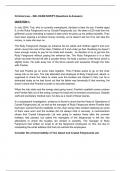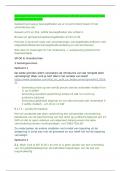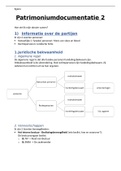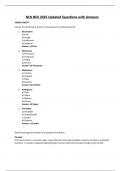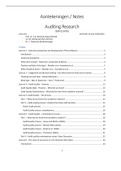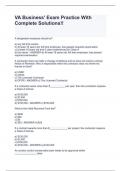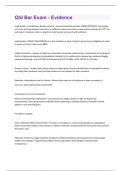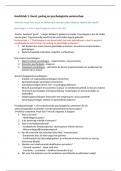Exam (elaborations)
Criminal Law - GDL EXAM SCRIPT (85%, DISTINCTION)
This document is my exam script for the Criminal Law paper on the GDL at The University of Law, which gained a mark of 85% (High Distinction). I found that the main barrier to doing well in GDL exams was not knowing how to write in the exams, so I hope this helps :) Each exam was three hours ...
[Show more]
